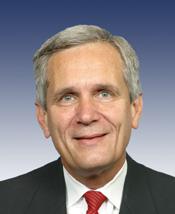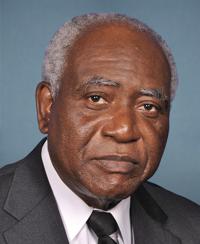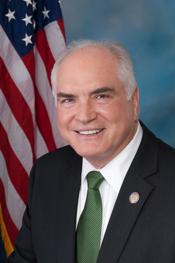To amend the Internal Revenue Code of 1986 to expand the exclusion of Pell Grants from gross income, and for other purposes.
4/3/2025, 1:58 PMCongress
119
Number
HR - 2543
Introduced on
2025-04-01
# Amendments
0
Sponsors

Cosponsors





Status of Legislation
Bill Introduced
Introduced to House
House to Vote
Introduced to Senate
Senate to Vote
Purpose and Summary
Referred to the House Committee on Ways and Means.
Bill 119 HR 2543, also known as the Pell Grant Exclusion Act, aims to amend the Internal Revenue Code of 1986 to broaden the exclusion of Pell Grants from gross income. Pell Grants are federal financial aid awarded to low-income undergraduate students to help cover the costs of higher education. Currently, Pell Grants are partially excluded from gross income, but this bill seeks to expand this exclusion further.
The main purpose of this bill is to make Pell Grants more accessible and beneficial for students by ensuring that the grant money they receive is not counted as taxable income. This would provide much-needed financial relief for students who rely on Pell Grants to afford their education.
In addition to expanding the exclusion of Pell Grants from gross income, the bill also includes provisions for other purposes related to tax reform and education funding. These additional provisions are not specified in the summary, but they are likely aimed at improving the overall financial aid system and making higher education more affordable for all students. Overall, the Pell Grant Exclusion Act is a bipartisan effort to support students in their pursuit of higher education by ensuring that Pell Grants remain a tax-free source of financial aid. This bill has the potential to positively impact the lives of countless students and make higher education more accessible for all.
The main purpose of this bill is to make Pell Grants more accessible and beneficial for students by ensuring that the grant money they receive is not counted as taxable income. This would provide much-needed financial relief for students who rely on Pell Grants to afford their education.
In addition to expanding the exclusion of Pell Grants from gross income, the bill also includes provisions for other purposes related to tax reform and education funding. These additional provisions are not specified in the summary, but they are likely aimed at improving the overall financial aid system and making higher education more affordable for all students. Overall, the Pell Grant Exclusion Act is a bipartisan effort to support students in their pursuit of higher education by ensuring that Pell Grants remain a tax-free source of financial aid. This bill has the potential to positively impact the lives of countless students and make higher education more accessible for all.
Alternative Names
Official Title as IntroducedTo amend the Internal Revenue Code of 1986 to expand the exclusion of Pell Grants from gross income, and for other purposes.
Display TitleTo amend the Internal Revenue Code of 1986 to expand the exclusion of Pell Grants from gross income, and for other purposes.
Official Title as IntroducedTo amend the Internal Revenue Code of 1986 to expand the exclusion of Pell Grants from gross income, and for other purposes.
Comments
Most relevant
Recent Activity
Latest Action4/1/2025
Referred to the House Committee on Ways and Means.